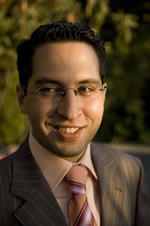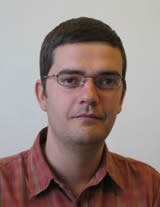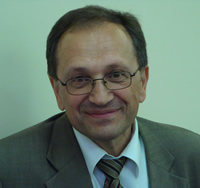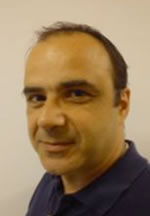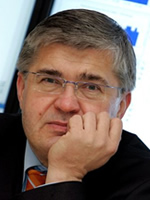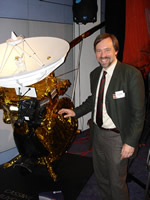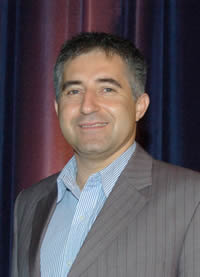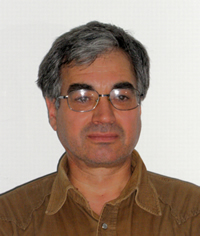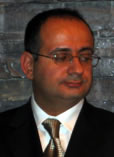
Istanbul Technical University (ITU) Prof. Aslan graduated as an Aeronautical Engineer from the Istanbul Technical University (ITU) Department of Aeronautical Engineering. He received his MSc degree from the same department in 1985. Then, he completed the Diploma Course of the von Karman Institute for Fluid Dynamics with a scholarship in 1986. He received his Ph.D. from the same institute together with Universite Libre de Bruxelles in 1991. The same year, he started working as a faculty member (Assistant Professor) in the Department of Astronautical Engineering of ITU. He was promoted to Associate Professor in 1993 and became a full Professor in 1999, both at the same institution. He was a visiting professor and worked as an adjunct professor at Old Dominion University, USA, between 2001 and 2002. Prof. A. Rüstem Aslan served as the head of the Department of Astronautical Engineering at Istanbul Technical University (ITU) from 2004 to 2013. He has been the Deputy Director of Rotorcraft Center of Excellence (ROTAM) of ITU since 2003. He has also served as the coordinator of the Defense Technologies Graduate programme and co-director of the ITU Distance Education Center, in addition to other various administrative positions. He has also established seven labs including the spacecraft systems design and test lab. He is member a IAF, AMSAT-TR and UNISEC-Global. Dr. Aslan’s research interests include the design, analysis and development of nano (two is in orbit) and microsatellites, manned and unmanned rotorcraft systems, computational fluid dynamics, fluid mechanics and aerodynamics, and defense and education technologies. Dr. Aslan has authored or co-authored over hunder thirty technical publications (full-length). His fourty research projects have been sponsored by various civil and military funding agencies and industries. Contact: aslanr(at)itu.edu.tr

